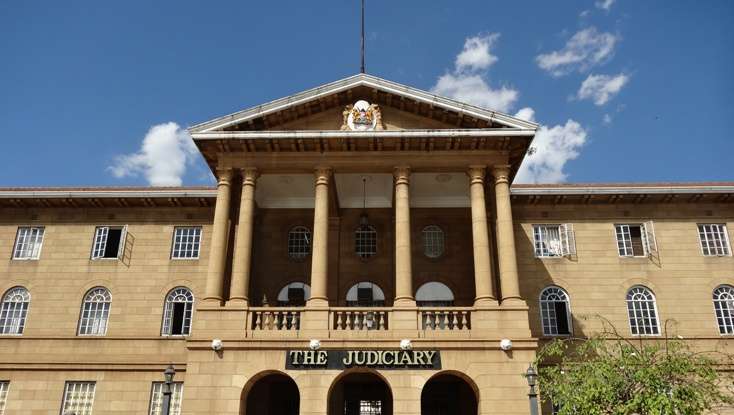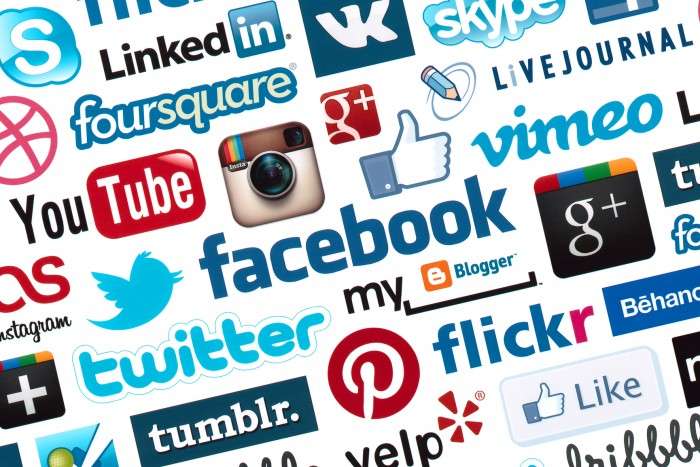By Juliet Nanfuka |
Barely two weeks after the presidential assent to the Computer Misuse and Cybercrimes Act, 2018, a High Court judge has issued a conservatory order suspending the entry into force of 26 sections of Kenya’s contentious Computer Misuse and Cybercrimes Act, 2018. The order by Judge Chacha Mwita, suspending the sections until July 18, follows a petition filed by the Bloggers Association of Kenya (BAKE), which challenged the law for contravening constitutional provisions on freedom of opinion, freedom of expression, freedom of the media, freedom and security of the person, right to privacy, right to property and the right to a fair hearing.
In the order issued on May 29, the judge certified BAKE’s petition as urgent, and stated that respondents (who include the Attorney General, the Speaker of the National Assembly, the head of the National Police Service, and the Director of Public Prosecutions) be served immediately. The respondents would have seven days from receipt to file written submissions. Hearing of the petition is scheduled for July 18, 2018.
Although the conservatory order only stalls the enforcement and could be lifted or maintained thereafter, it nonetheless represents a win for digital rights advocates in Kenya, as they have in the interim satisfied the judge that there is an arguable case to be made against the constitutionality of the recently enacted law. The order also marks another landmark ruling in the litigation towards respect and realisation of digital rights across Africa.
According to the order, the suspended sections are: 5, 16, 17, 22, 23, 24, 27, 28, 29, 31, 32, 33, 34, 35, 36, 37, 38, 39, 40, 41, 48, 49, 50, 51, 52 & 53.
Here are the orders by Justice Chacha Mwita barring the coming into effect of 26 sections of the Computer Misuse and Cybercrimes Act, 2018. pic.twitter.com/UvxAe9vTJG
— BAKE Kenya 🇰🇪 (@BakeKenya) May 30, 2018
Various organisations criticised the bill prior to its assent on May 16, 2018 calling it unconstitutional. Among the organisations were the Kenya ICT Action Network (KICTANET), Article 19 Eastern Africa, BAKE and the Centre to Protect Journalists (CPJ) who deemed numerous sections unconstitutional and detrimental to Kenyan citizens’ digital rights. They said it infringed on the privacy of individuals, freedom of expression, speech, opinion and access to information online.
Kenya already has a history of stifling online critics of the state and state actors, as echoed by James Wamathai, the Director of Partnerships at BAKE. In a statement, he said: “In the past several years, there have been attempts by the government to clamp down on the freedom of expression online. This Act is a testament of these efforts, especially after other sections were declared unconstitutional by the courts.
Among the prevailing concerns on the law is the use of vague language on issues such as “false” or “fictitious” content and false publications in Section 22 and 23, accompanied with heavy obligations on users to verify truthfulness or untruthfulness of information before disseminating. As per section 12, failure to comply would result in a fine of five million Kenyan shilling (USD 50,000), up to two years in prison, or both.
The court order comes on the heels of the two judgments (Okiya Omtatah Okoiti v The Communication Authority of Kenya and 3 others Constitutional Petition No. 53 of 2017 and Kenya Human Rights Commission v Communications Authority of Kenya and 3 others no. 86 of 2017) by the Kenya High Court in which the petitioners successfully challenged the installation on mobile phone networks of a communication surveillance system dubbed Device Management System (DMS), by the Communications Authority (CA) Kenya (CA). The petitioners argued that, through this system, the authority would have undue access to the communications of citizens.
As more countries in Sub-Saharan Africa develop technology related laws, it is fundamental that the laws uphold human rights standards prescribed at global and regional levels, including in the International Covenant on Civil and Political Rights (ICCPR), the African Charter on Human and Peoples Rights (ACHPR), and African Union Convention on Cybersecurity and Personal Data Protection. However, recent developments such as has been witnessed in East Africa appear to prioritise the criminalisation and penalisation of internet use rather than encourage its adoption as a tool for greater access to information, and for expanding free expression and civic engagement.
Kenya’s neighbours Tanzania and Uganda have this year taken actions detrimental to digital rights. In Uganda, social media taxes that could be introduced in July 2018 threaten internet access and affordability while in in Tanzania, online content producers will have to pay over USD 900 to register with the state for permissions to maintain their platforms, according to new regulations.


